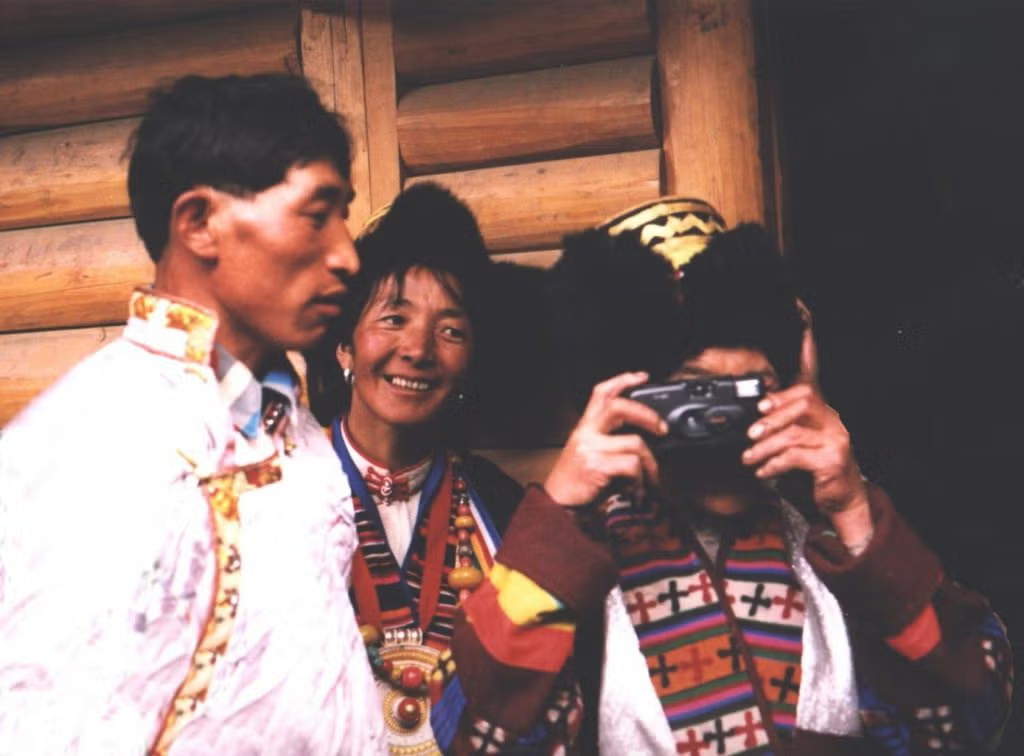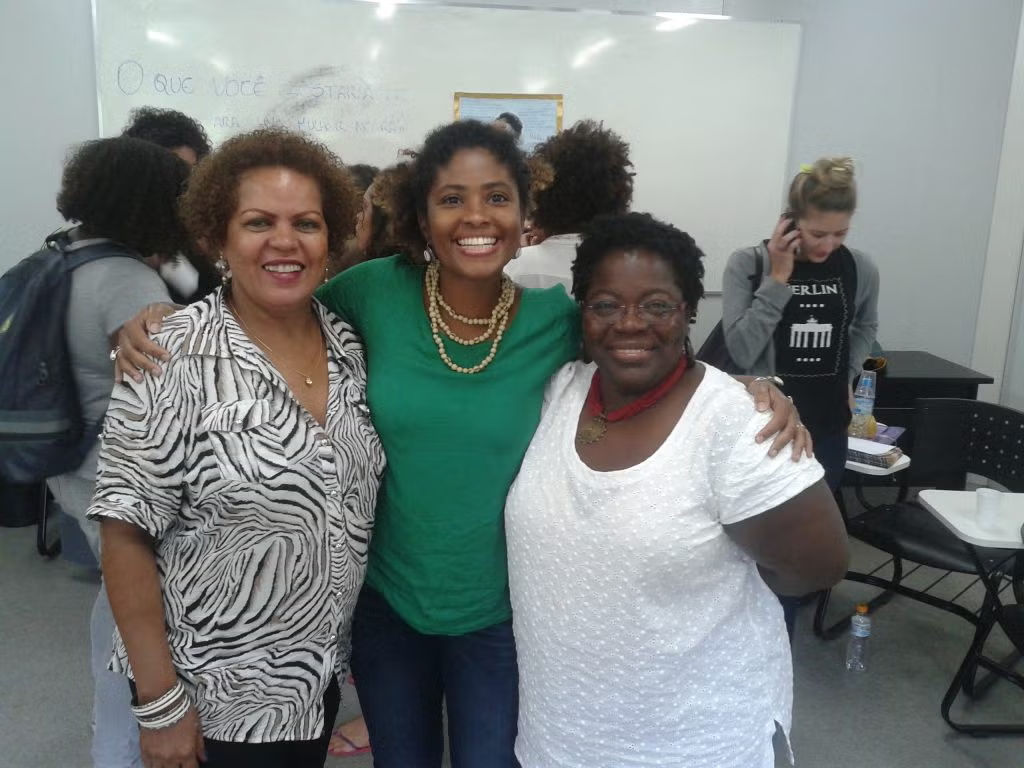Welcome to Global Feminisms at the University of Michigan
The Global Feminisms Project archives oral history interviews with individuals who identify themselves as working on behalf of issues related to women and gender in different national contexts. While the selection of interviewees is made by local organizers at each global site, the project as a whole emphasizes the multiple forms of feminism present within and across these sites. The interviews are conducted by different individuals using a common base protocol developed by the collaborators from the first four country sites (China, India, Poland and the U.S.A.).
Our goal is to make these interviews as widely available as possible. We hope to encourage teachers and researchers to study issues related to the many forms of feminist or women’s movement activism in general, as well as activism on behalf of particular issues. Interviewees describe their lives, their views, and their activist efforts in considerable detail, and of course each one is unique. We offer the unedited interviews as primary sources for understanding the history of activism in all its complexity and variation. In addition to documenting the remarkable accomplishments and diverse experiences of project participants, the unedited interviews also include the expression of views, values, and priorities that at times conflict with positions held by other feminists within and beyond the Global Feminisms Project.
We provide annotations to the transcriptions of interviews that are aimed mainly at offering clarification of references that may be unfamiliar or unclear to many readers, but sometimes also provide leads to further information about a topic discussed. In addition, we provide maps, statistics, a timeline, podcasts about each site, and other resources to assist instructors and researchers in understanding the context in which the activists carried out their work. Finally, we provide specific resources for instructors; these include both podcasts about experiences teaching with the archive (with tips from those who’ve done it), and lesson plans designed around the interview material and sometimes drawing on contextual resources.
Watch the Zoom recording of the February 10, 2023 Global Feminisms webinar “Stories of Long COVID Advocacy in the United States”, here! (Transcript)

Contextualizing Feminist Voices Podcast
Our podcast series, Contextualizing Feminist Voices, was recorded in 2021 to provide additional information on the project’s materials. Each episode is brief (less than 10 minutes), with a project collaborator interviewing an expert who can provide context for the other materials and interviews.
Our second installment of the series, Teaching with the Global Feminisms Project, focuses on how individual teachers have used GFP materials in their courses.
Lesson Plans
Instructors are encouraged to use our topical lesson plans to teach about the diversity of women’s experiences and feminisms. The lesson plans are organized by key terms; instructors may also use the website’s search function to find lesson plans that include the key concepts, methods, or country sites they want to teach.
These lesson plans were developed with a generous project grant from the University of Michigan Humanities Collaboratory.

What’s New at Global Feminisms
After 20 months of imprisonment under isolation and receiving a sentence of 9 years in prison on the charge of “aggression against the national sovereignty”, Dora María Téllez was banished and expatriated to the United States by the government of Nicaragua. She has been illegally stripped to their Nicaraguan nationality and has received a temporary humanitarian parole status to remain in the United States. Her struggle for democracy, social justice and defense of human rights has been internationally recognized and, while in prison, Téllez was awarded the 2022 René Cassin Prize in Human Rights by the Government of the Basque Country, Spain. For her exceptional political and scientific career as historian, whe has also received two honorary doctorates from the University of Helsinki (2011) and from the Sorbonne-Nouvelle University (2022).
Congratulations to United States GFP interviewee Loretta Ross on being named a 2022 MacArthur Fellow!
Read #Womanifesto: What Nigerian Women Want, an important document in Nigerian women’s movement efforts, here. GFP partnered with CEW+ to host interviewee and #Womanifesto collaborator Abiola Akiyode-Afolabi on campus in the Fall of 2022.
On June 13, 2021, GFP interviewee Dora María Téllez was detained by the police in Nicaragua; on February 3, 2022, she was sentenced to 15 years in prison on the charge of “aggression against the national sovereignty” and barred from holding any public office in the future. Read the La Prensa article about the arrest (English translation) and Mónica Baltodano’s biographical piece about Téllez (English translation).
In June 2022 Sueann Caulfield, Claudielle Pavão, and Renata Saavedra worked alongside GFP interviewees Laura Castro and Marilda de Souza Francisco to organize the “Global Feminisms Seminar” in Brazil. The conference focused on the uses of the archive in teaching as well as reflections on oral history and feminist activism.
Listen to Andreea Coscai’s Who Holds Up Half the Sky – Podcast on Chinese Feminism, which focuses on critical issues from censorship of Chinese feminists to the broader meaning of feminism and transnational solidarity. In this podcast, Andreea, a 2022 Bennington College graduate, also interviews GFP staff members Özge Savaş and Wang Zheng.
Read a recent New York Times story about women activists in Poland: Polish women offer refugees safe passage from Ukraine.
Read the 2021 UN report on “New Feminist Activism” here!






